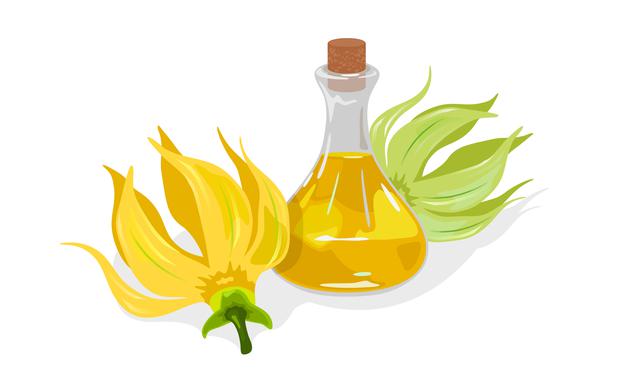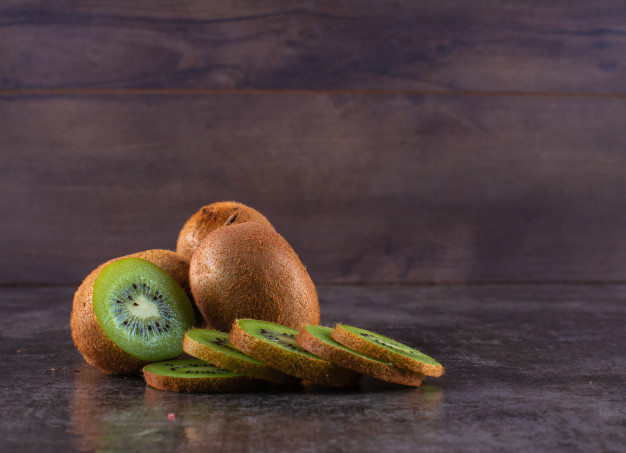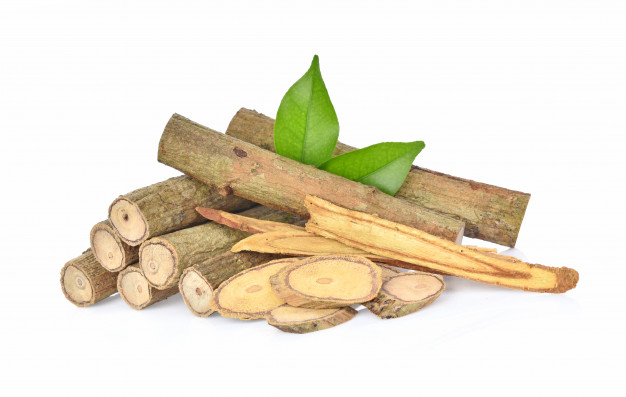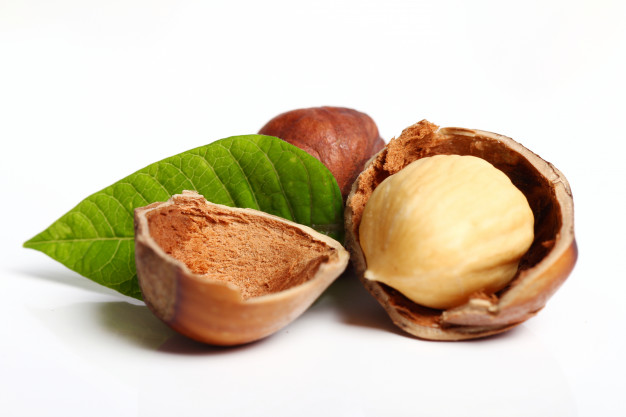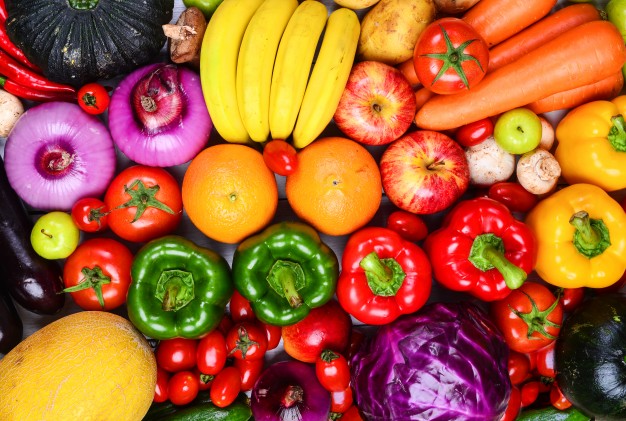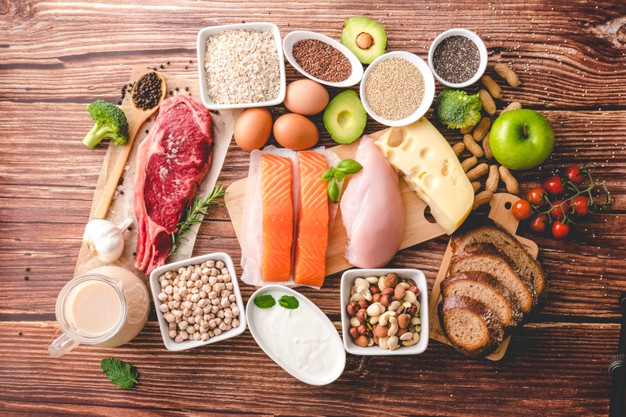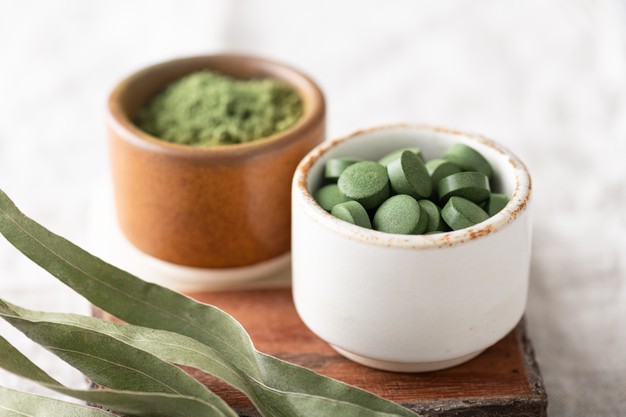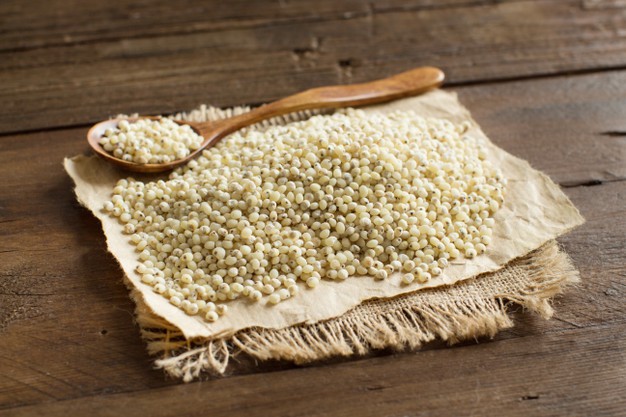The essential oil, which is extracted from the flower of ylang ylang plant, is known as ylang ylang essential oil. This oil is very popular for its characteristic aroma and widely used for several medicinal purposes.
Characteristics
- It is liquid in room temperature
- Basically it has a thin consistency
- It is pale yellow to golden yellow in colour
- It has a sweet and fruity floral fragrant
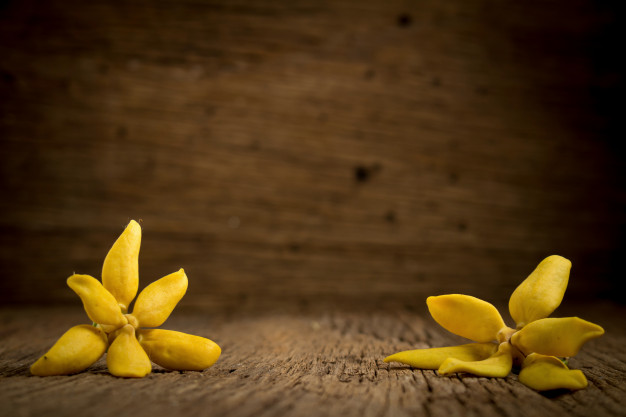
Biological activities
Antidepressant activity
- This essential oil is responsible for exerting a strong soothing as well as relaxing effect to the body that significantly helps to reduce stress, anxiety and depression
- It is associated with modifying various physiological parameters of body such as skin temperature, breathing rate, blood pressure, pulse rate, which ultimately help to relax the body
- It also plays significant role in improving self esteem
- It acts as an important mood enhancer as well that helps to provide a feeling of happiness and joy
- It is very much useful to treat nervous breakdown too
Anti-inflammatory activity
 It helps to delay the onset of inflammatory events in body by showing strong anti-inflammatory activities thus helps to reduce the risk of developing chronic inflammatory diseases
It helps to delay the onset of inflammatory events in body by showing strong anti-inflammatory activities thus helps to reduce the risk of developing chronic inflammatory diseases- It is also very useful for decreasing swelling and pain
Antiseborrheic activity
- Seborrhoea is a health complication, characterized by malfunctioning of sebaceous gland and it is mainly manifested by irregular sebum production
- It is very painful and generally develops on the region where hair follicles are found like face, eye, eyebrows, scalp, cheeks
- Ylang ylang essential oil plays imperative role in preventing this diseases as it helps to regularizing sebum production
Antimicrobial activity
- Linalool component of ylang ylang essential oil is considered as the principal compound that exhibit antimicrobial activity, especially antifungal and antibacterial activity, which is related with decreasing the risk of developing infectious diseases
- It is very effective against Staphylococcus aureus strains
Antiseptic activity
- It has seen that various wounds like burns or cuts or abrasions have a tendency of becoming septic thus increases the complications
- Utilization of this essential oil significantly decreases the prevalence of sepsis and tetanus as it exerts potent antiseptic activity, which helps to disinfect wounds
Aphrodisiac activity
- It is closely related with improving libido as it has aphrodisiac property
- It is very effective for those individuals who have lost interest in sex

Sedative activity
- It has seen that ylang ylang essential oil also has sedative activities
- It is very effective for sedating the nervous affliction as well as the anger, which ultimately helps to provide quick relief from stress
- It also helps to provide calmness to the body
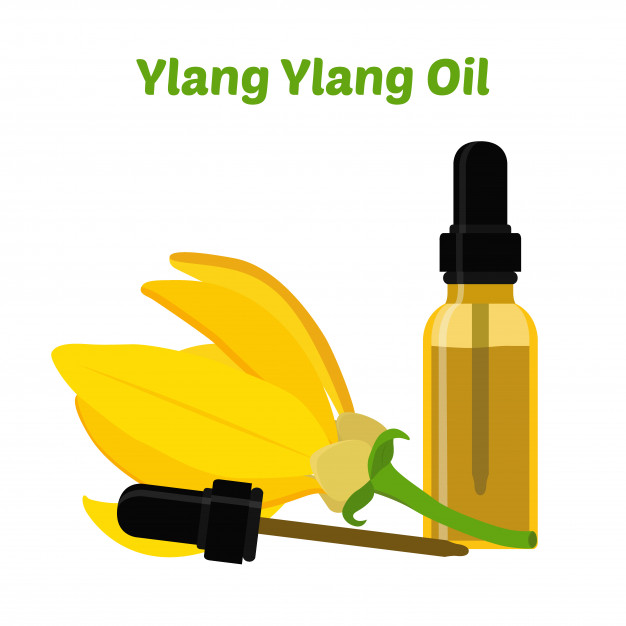
Health benefits
Role on nervous system
- It acts as a potent neurological booster
- The aroma of ylang ylang essential oil is associated with stimulating nervous functions
- It also helps to repair neural damages thus help to reduce the risk of developing neurological disorders
Role on preventing hypertension
- Inhalation of ylang ylang essential oil is very effective for preventing hypertension
- It is closely associated with reducing the level of cortisol hormone or stress hormone in body thus helps to decrease blood pressure
- It helps to reduce systolic and diastolic pressure both
Role on wound healing
- It is extensively used for accelerating the process of wound healing as it has potent healing property
- Isoeugenol component of ylang ylang plays significant role in promoting the healing process as it helps to stimulate re-synthesis of tissues

Role on preventing gout and Rheumatism
- It plays significant role in improving the symptoms of gout as well as rheumatism
- It contains an important biologically active compound named isoeugenol, which is considered as an imperative anti-inflammatory substance that helps to reduce joint inflammation and swelling
- Application of this oil on inflamed area is very effective for reducing the pain
Role on preventing malaria
- This essential oil has been used from ancient time as an important preventive measure for malaria
- It has seen that ylang ylang essential oil has potent anti-malarial activity that helps to reduce the consequences of malaria
Role on bladder muscle
- It plays significant role in relaxing the bladder muscle thus makes the passing of urine relatively easier from bladder to urethra
- It has seen that individual with over reactive bladder experiences quick relief by utilizing this essential oil
Role on skin
- It plays significant role in promoting skin health
- Ylang ylang essential oil has been traditionally used as an imperative skin care remedy for acne as it is closely related with destroying the respective bacteria responsible for acne
- It is also associated with regenerating new skin cells
- It helps to moisturize the skin as well thus its application is considered as an imperative preventive measure for dry skin
- It is also very effective for decreasing the prevalence of wrinkles as well as fine lines
- It has seen that application of ylang ylang essential oil along with other carrier oil on face is extremely beneficial for reducing blemishes

Role in hair
- Individual can use ylang ylang essential oil for obtaining a healthy scalp
- Massaging the oil to the hair significantly improves hair growth
- It has seen that it is closely related with rejuvenating the scalp and also reduces hair fall
Other uses
It is also used for various other purposes, which include –
- It is extensively used in aromatherapy
- It is used for preparing several commercial hair as well as skin products like hair conditioner, massage oils, perfumes, cream especially moisturizing cream etc
- It has seen that this essential oil is utilized as a major ingredient of anti-aging massage oil, which is exclusively used for preventing ageing
- Ylang ylang essential oil is also used for preparing relaxing bath salt (by mixing the oil with salt), which is extremely useful for rejuvenating the skin and helps to improve mood as well
- It is widely used as an effective insect repellent too
- It is also used as room freshener as well as diffuser

General consideration of using Ylang Ylang essential oil
- It is always better to use ylang ylang essential oil in diluted form
- It should be stored properly for enhancing its self life and it is better to store it in a dark and cool place
- It is not wise to use expired ylang ylang essential oil
- Using of this essential oil should be avoided if rancid flavor develops
- It can also be inhaled by using it in a room diffuser
- Before its application, it is better to do a patch test for testing its sensitivity. Individual who develops allergic reaction should avoid its uses
- The daily recommended dose of ylang ylang essential oil is considered as 0.0001mg per kg of ideal body weight as this amount is determined as safe for humans
Risk factors
- Ylang ylang essential oil has profound health benefits but while using ylang ylang essential oil, it should be kept in mind that it may develop skin irritation in some individual
- It contains a component called isoeugenol, which is recognized as a potent allergen that is responsible for developing contact dermatitis thus it is always better to use ylang ylang essential oil as per the recommended dose for avoiding its side effects

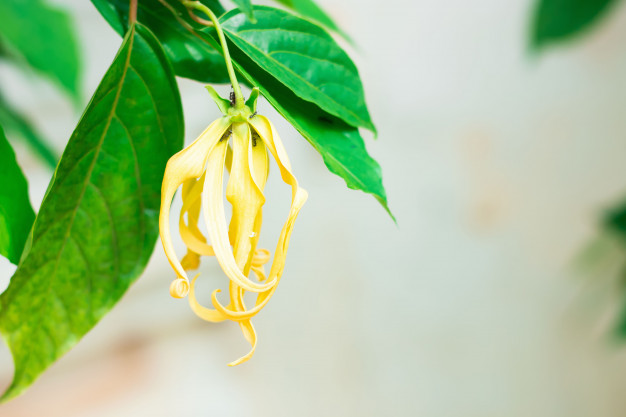
Source:
Battaglia, S., 2019. Ylang Ylang.
Gnatta, J.R., Piason, P.P., Lopes, C.D.L.B.C., Rogenski, N.M.B. and Silva, M.J.P.D., 2014. Aromatherapy with ylang ylang for anxiety and self-esteem: a pilot study. Revista da Escola de Enfermagem da USP, 48(3), pp.492-499.
Jung, D.J., Cha, J.Y., Kim, S.E., Ko, I.G. and Jee, Y.S., 2013. Effects of Ylang-Ylang aroma on blood pressure and heart rate in healthy men. Journal of exercise rehabilitation, 9(2), p.250.
Mallavarapu, G.R., Gurudutt, K.N. and Syamasundar, K.V., 2016. Ylang–Ylang (Cananga odorata) Oils. In Essential Oils in Food Preservation, Flavor and Safety (pp. 865-873). Academic Press.
Reyes, E.L.B., Menor, M.D., Munsayac, M.G., Notario, J.B.P., Ogaco, G.H.A., Perez, J.P.A., Ramos, E.K.S., Tengco, S.G.C., Rio, P.C. and Hilario, A.L., 2020. Mosquito Repellent Property of “Ylang-Ylang”(Cananga odorata) Essential Oil in Urea-Formaldehyde Microencapsulated Cotton Fabric. Philippine Journal of Science, 149(4), pp.1029-1037.
Tan, L.T.H., Lee, L.H., Yin, W.F., Chan, C.K., Abdul Kadir, H., Chan, K.G. and Goh, B.H., 2015. Traditional uses, phytochemistry, and bioactivities of Cananga odorata (Ylang-Ylang). Evidence-Based Complementary and Alternative Medicine, 2015.
